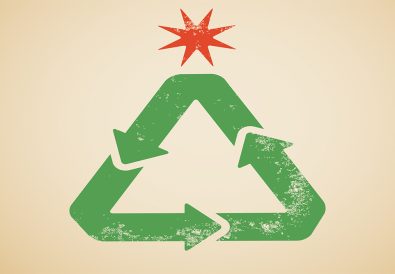January is the time when many ambitious folk seek motivation to get healthy. We buy gym memberships, stock the fridge with vegetables with the best of intentions and rid it of booze (dry January anyone?). Those are all well and good, but if you really want to take care of your long-term health this year, make a date with your mom to talk health history. Particularly when it comes to female-specific issues, your mom’s experiences can give you insight into what you should keep on your own radar as you get older. Here are five health questions to ask her now.
Have you ever had an abnormal mammogram?
If your mom (or other close relative on either parents’ side) was diagnosed with breast or ovarian cancer when she was under 45, you may have a higher risk yourself. However, know that not everyone who inherits a BRCA1 or BRCA2 mutation will get breast or ovarian cancer and not all inherited types of this cancer have to do with the mutation. Knowing this info is important though when it comes to getting regular screenings and self checking.
How was pregnancy?
If your mom had trouble conceiving (due to egg production problems or endometriosis — two common causes of female infertility), your risk of having problems could be higher. Many women with endometriosis don’t experience any symptoms, but if you’re concerned make an appointment with your doctor to go through a pelvic exam and ultrasound.
Did you experience postpartum depression?
Many new mothers experience what’s referred to as “baby blues” – a short period of sadness following childbirth, but major postpartum depression affects 10 to 15 per cent of women. A recent study shows that more severe cases could have a genetic cause. There’s a lot you can do during and before pregnancy that will lessen your chances of a postpartum and it’s symptoms, though — adopting a meditation practice, sleeping well and exercising.
How was menopause?
If your mom had (or is having) menopausal symptoms — hot flashes, insomnia or mood swings, it might mean increased risk for you when you get to be around your 50s, but don’t panic. You can lessen your own risk by making lifestyle changes in your 30s and 40s to keep your nervous system in check: cut back on caffeine, exercise regularly and managing your stress levels.
Has your height changed recently?
A shrinking stature (more than the accumulation of half an inch each decade) is a sign of poor bone health. We inherit some things that predispose us to osteoporosis, but taking measures like exercising, eating dairy or soy for calcium and sufficient vitamin D intake are key.











